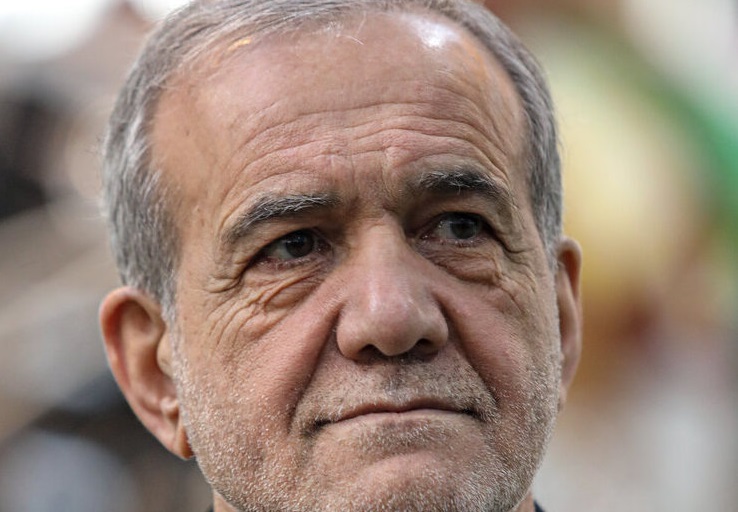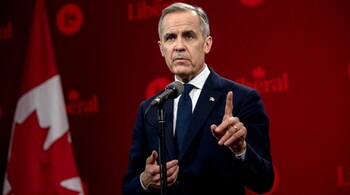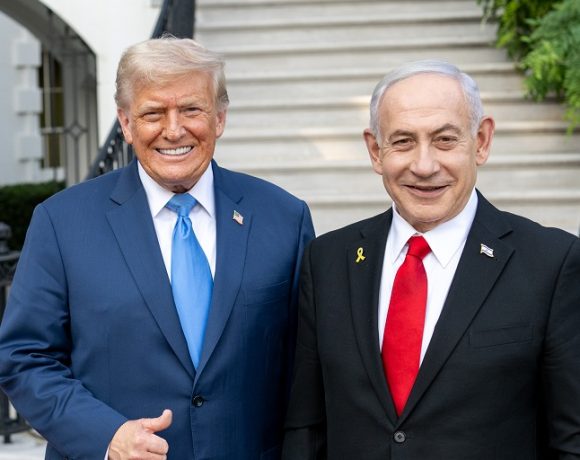
Iran Open to U.S. Dialogue, Alleges Israeli Assassination Plot
Iran’s President has signaled a potential thaw in U.S.–Iran relations, declaring a willingness to engage in dialogue “under conditions of mutual respect.” The statement coincides with serious allegations that Israel orchestrated an attempted assassination on Iranian soil—heightening regional tensions and diplomatic complexity.
Iran dialogue
In a televised address, the President reiterated Iran’s openness to U.S. engagement only under conditions of mutual respect and sovereignty, stressing that any future talks must ensure Iran’s national dignity and strategic independence. This marks a strategic shift, opening the door to potential de-escalation after years of hostile rhetoric and competing interests across oil, nuclear, and regional influence.
Israeli assassination
Iran accused Israel of an assassination attempt targeting a senior official in Tehran. Without releasing evidence, state media labeled it “a clear act of aggression,” suggesting Israeli intelligence operatives were involved. Tehran has pledged to consider “proportionate” responses while calling for international scrutiny. If the allegations are substantiated, they could escalate into an intense diplomatic crisis.
Strategic concerns
The dual announcements reflect a high-wire balance in Iran’s foreign policy. On one hand, courting U.S. dialogue could help ease crippling economic sanctions and offer geopolitical breathing space. On the other, confronting Israeli aggression seeks to secure domestic legitimacy and affirm Iran’s deterrence stance. The president emphasized that respect and security guarantees will be central to any future diplomacy with Washington.
Regional implications
The wider Middle East now stands at a crossroads. A diplomatic detente between Iran and the U.S. could dramatically reduce tensions in hotspots like Syria, Yemen, and Iraq. However, if Iran moves to retaliate against Israel, it risks triggering a regional escalation with global implications.


















